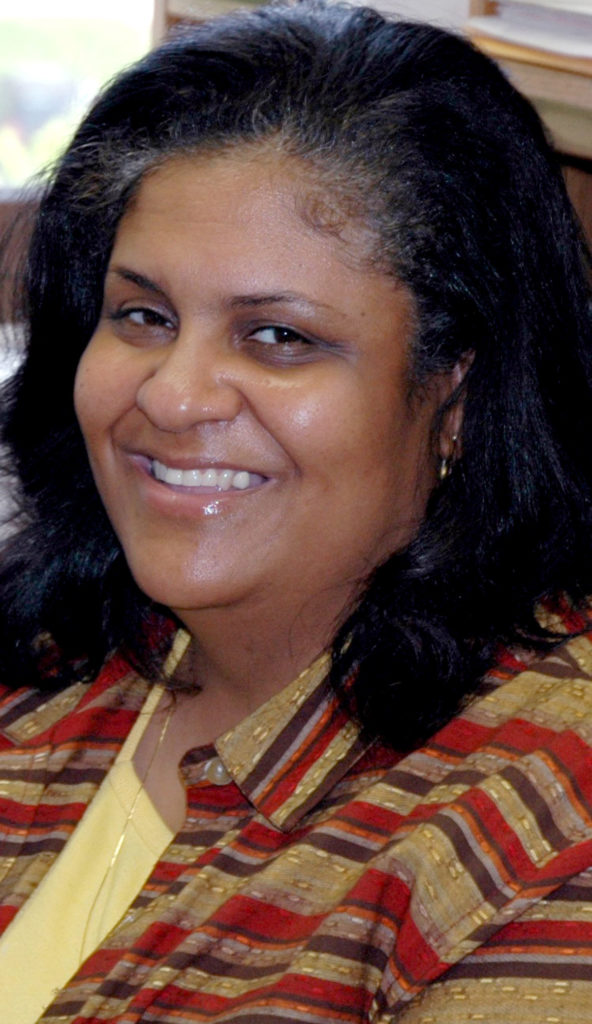College of Education researcher Cheryl Fields-Smith will spend the next two years studying home schooling among African-American families, in hopes of finding new teaching methods that will lead to greater success for black students in public schools.
Fields-Smith, an assistant professor of early childhood education, has received a grant from the Spencer Foundation for a project titled, “Extreme Involvement: An Investigation of Home Schooling Among Black Families.”
“I want to debunk the myth that African-American parents are not as involved with their children’s education as other ethnicities,” said Fields-Smith, who wrote her dissertation on African-American parental involvement under the guidance of Emory University scholar and author Vanessa Siddle Walker.
“Since arriving at UGA two years ago, I have been burning to interview African-American parents who have demonstrated different levels of parental involvement, and this past fall I interviewed one woman who home schooled her children and I was intrigued,” Fields-Smith said.
Review literature on the subject of home schooling has led many people to believe that home schooling is something that only middle-class white parents with similar religious backgrounds do, she said.
Although researchers have investigated home-schooled students’ academic performance, studies have neglected to give empirical evidence of African-American children’s or parents’ perceptions.
“By researching black families’ beliefs, concerns and desires for their children’s education, we can better understand the reasons black parents home school their children and how they reach and teach their children at home,” Fields-Smith said.
“As parents, we know our children better than anyone else. It helps to know their strengths and ways in which they learn most effectively,” she said. “This is an advantage parents have over schools. At home, parents have more flexibility, and they can go more in-depth with what they study and how they integrate the curriculum. They can take kids on field trips or to museums. It’s more difficult to do this in schools.”
Although the project is in its infancy, Fields-Smith hopes to find new teaching methods used at home that can be equally useful in public classrooms.
“Some parents say that public schools need to find ways to address children’s cultural needs and teach a subject from multiple perspectives, rather than just one,” she said, “or perhaps even need to assess children’s needs for exercise and movement, so they can concentrate more easily.”
